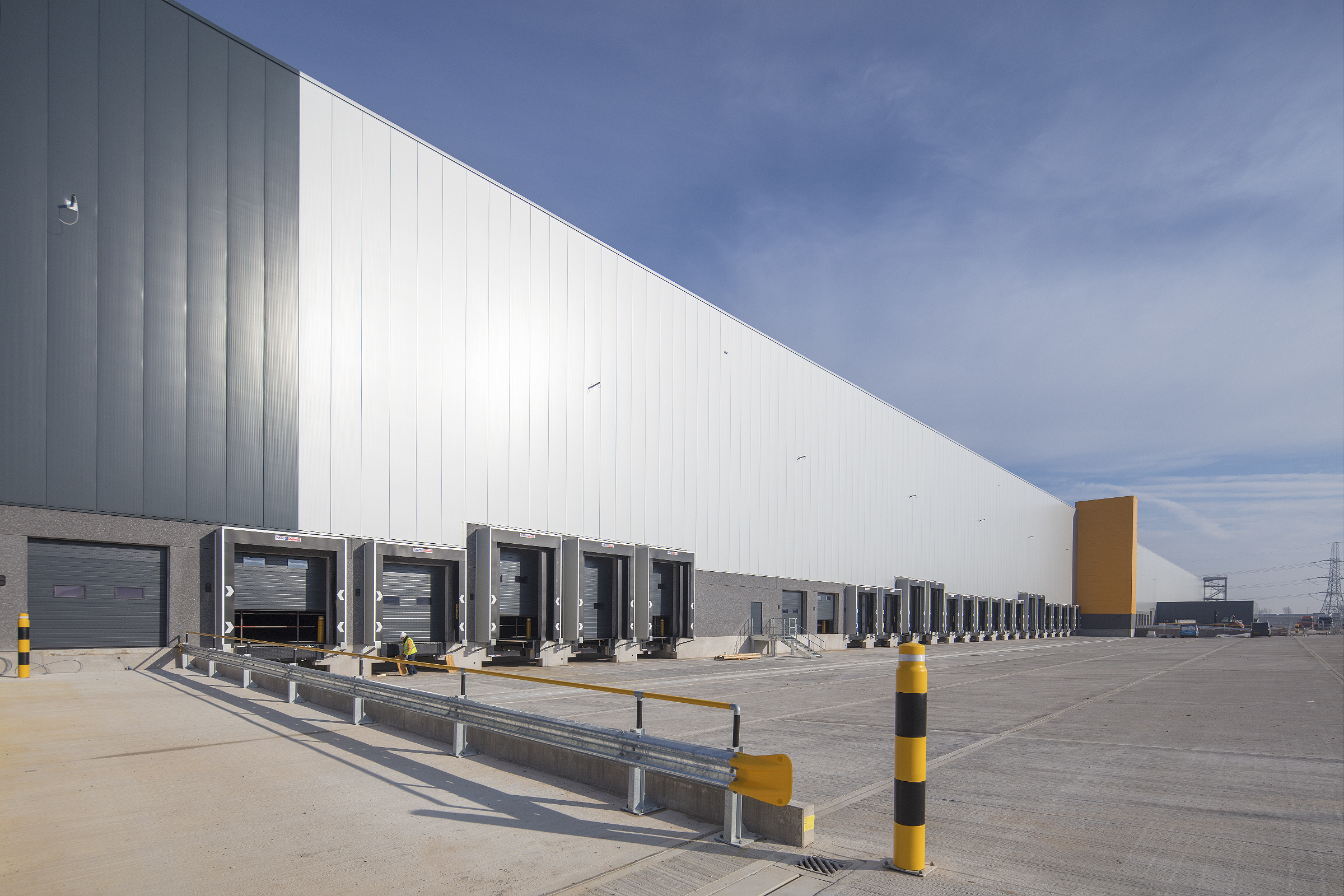Distributing Smarter: An Critical Role of Fulfilment Centers
In today's global market, companies are constantly seeking ways to optimize their shipping operations and ship products to customers more efficiently way. A key important factors in this effort is the fulfillment center, which has become integral to the international shipping landscape. Through serving as a central node for storing inventory, processing orders, and distributing goods, fulfilment centres play a crucial role in optimizing operations and improving shipping times across borders.
With e-commerce continues to grow, the need for quicker and more reliable shipping solutions has never been higher. Fulfilment centres are designed to meet this demand, providing businesses the capability to scale their businesses while ensuring that goods reach customers quickly and affordably. By utilizing cutting-edge technology and strategic locations, these facilities not only improve logistics but also offer essential support to companies looking to grow their international presence.
What is a Fulfillment Centre?
A fulfillment centre is a specific warehouse designed to manage the storage, packaging, and shipping of products for companies. These centres play a vital role in the logistics chain by acting as a link between sellers and customers, particularly in the context of online commerce. By integrating various processes, fulfilment centres enable companies to optimize their processes and enhance shipping effectiveness.
In essence, fulfilment centres handle the logistical challenges associated with global shipping. They house inventory, ensuring that products are adequately stored and kept safe until an order is placed. Once an order is received, the centre takes care of packing and dispatching, using advanced technology and systems to track inventory and ensure timely delivery to clients around the globe.
Utilizing a fulfilment centre allows businesses to focus on their main strengths, such as promotion and product development, rather than getting bogged down with logistics. This delegation of operations not only reduces overhead costs but also improves service levels, as fulfilment centres often have strong relationships with shipping carriers and can take advantage of bulk purchasing to offer more competitive pricing and quicker transit times for global shipments.
Advantages of Employing Fulfillment Centres

Fulfilment centres play a critical role in boosting the efficiency of global shipping. By consolidating logistics processes, these centers help companies manage their inventory more successfully. Companies can store goods nearer to major markets, reducing shipping times and costs. This geographical advantage allows for faster delivery to customers, ultimately improving customer satisfaction and loyalty.
Another significant benefit is the adaptability that fulfilment centre s deliver. As companies grow and expand into emerging markets, fulfilment centres can easily adapt to higher order volumes. This flexibility allows companies to focus on their core operations while relying on these centres to take care of the complexities of storage, packing, and shipping. This capability is essential for businesses looking to enhance their worldwide reach without the heavy investments associated with building their own storage and delivery networks.
Moreover, fulfillment centres provide entry to cutting-edge technology and expertise in logistics. Businesses can utilize sophisticated inventory management systems and data analytics to improve their supply chain. This capability not only simplifies operations but also allows firms to make data-driven decisions based on up-to-date data. As a result, businesses can react swiftly to trends and shifts in customer demand, making the entire shipping process more intelligent and more effective.
Future Trends in Order Fulfillment Solutions
As digital commerce expands, fulfilment centres are evolving to meet the shifting needs of global shipping. Automation and robotics are increasingly essential to operations, enhancing velocity and accuracy. The use of artificial intelligence is growing, allowing fulfilment centres to optimize inventory management and forecast shipping trends in a accurately. This transition towards tech-focused solutions is anticipated to streamline processes and reduce operational costs considerably.
Sustainability is a further critical focus area for the future of fulfilment services. As consumers become aware of environmental issues, fulfilment centres are responding by implementing sustainable practices. This includes reducing packaging waste, streamlining delivery routes to minimize carbon footprints, and harnessing renewable energy sources. Companies that prioritize sustainability in their fulfilment strategies will likely gain a competitive edge in the industry.
Moreover, the rise of immediate and next-day delivery services is driving fulfilment centres to rethink their supply chains. To meet customer expectations for fast shipping, many centres are exploring micro-fulfilment strategies and establishing localized hubs. This not only shortens delivery times but also allows businesses to address targeted regional demands effectively. The evolution of fulfilment centres will be pivotal in shaping the upcoming environment of international shipping.